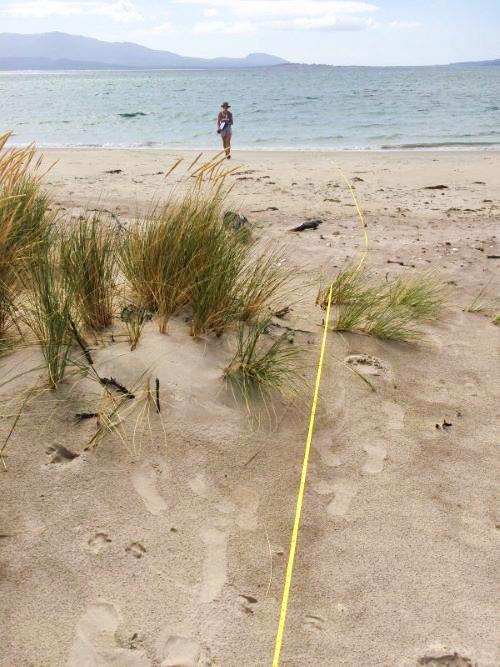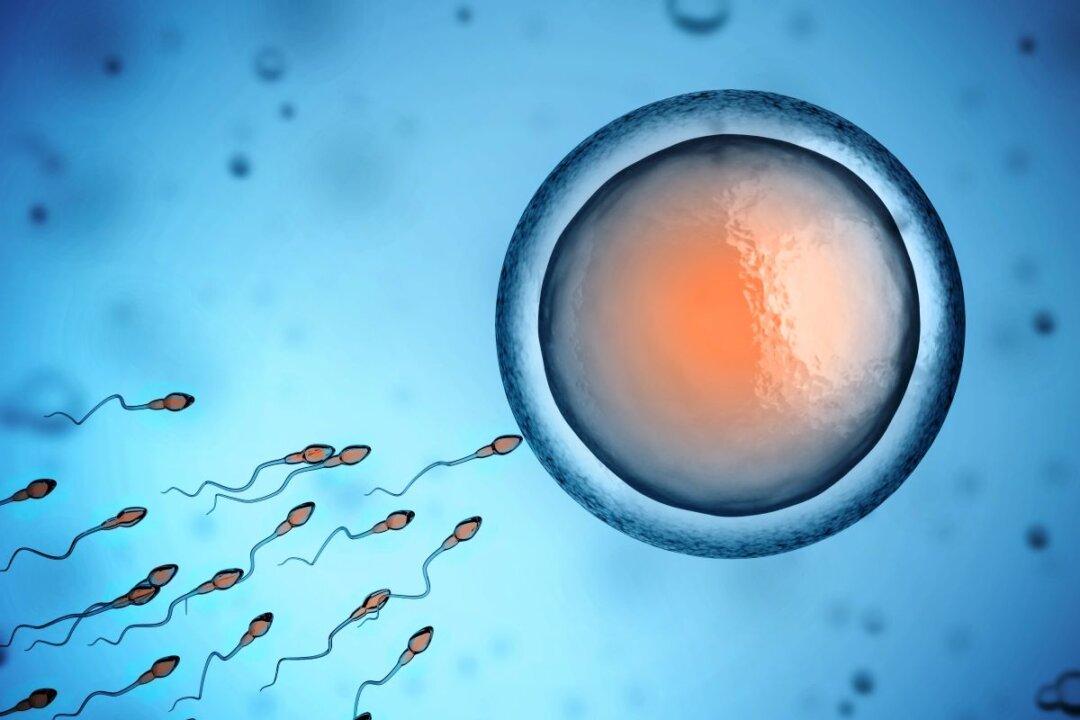New research by Australia’s Commonwealth Scientific and Industrial Research Organisation (CSIRO) has revealed that plastic pollution on Australia’s beaches has decreased by almost a third since 2013.
Lead researcher and recent PhD graduate from CSIRO and the University of Tasmania, Kathryn Willis, said in a release on Thursday that waste control is generally driven at a local level, so their research looked at identifying which regional government approaches were most effective at reducing plastic pollution on beaches.





